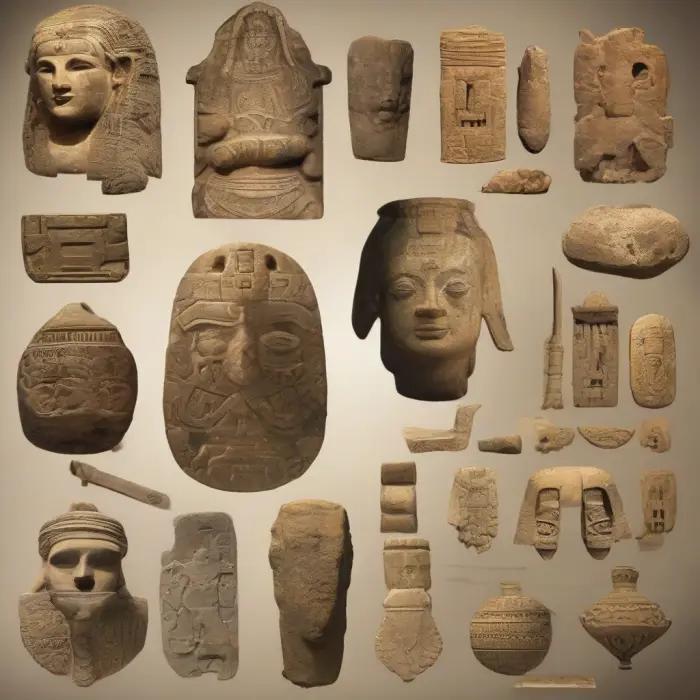Frontiers Beyond Earth: Pioneering Space Discoveries
In an endless field of stars, punctuated by clusters of illuminating celestial bodies, humankind has directed its glance and deep-seated curiosity towards the infinite expanses of the cosmos. This curiosity about the frontiers beyond Earth has led to a momentum of pioneering space discoveries.
The Past Exploits
The epoch of space exploration started with the launch of Sputnik, a Soviet satellite, in 1957. As the very first manmade object in outer space, this marked a significant breakthrough. Four years later, Yuri Gagarin, a Russian astronaut, made history as he became the first man to orbit Earth.
NASA, America's space agency, was not far behind. In 1969, the U.S. launched Apollo 11, which put the first humans, Neil Armstrong and Buzz Aldrin, on the moon. The unforgettable words of Armstrong: ‘That's one small step for man, one giant leap for mankind,’ symbolised the indomitable spirit of outer space exploration.
The Hubble Space Telescope
Launched in April 1990, the Hubble Space Telescope revolutionized our understanding of the cosmos. Being in the space above Earth's atmosphere, it has provided high-resolution images of deep space that has led to several substantial discoveries about galaxies, black holes, dark matter, and dark energy. It also contributed significantly to identifying the age of the universe.
The International Space Station (ISS)
An unprecedented feat in human collaboration in space, the International Space Station (ISS) floats in low Earth orbit serving as a hub for scientific research, technological advancement, and international cooperation. The ISS embodies the progressive nature of human space exploration as it shows that working together enriches our shared understanding of the universe around us.
Mars, the Red Planet
The fascination with Mars is not new but the successful landing of several rovers including Curiosity and recently Perseverance increased the possibility of humans colonizing the planet in the future. These robots are key in determining the existence of past microbial life on Mars, paving the way for a more thorough search for ancient alien life. The Red Planet signifies our untamed thirst for cosmic colonialism in an unfamiliar territory.
Christmas Event
Among NASA's most majestic missions, the Voyager space probes have left our Solar System, carrying a message of greetings from Earth to any extraterrestrial intelligence that might encounter them. This was the first effort of our species to communicate with potential civilisations beyond our own.
The Emerging Era
With private corporations like Space X and Blue Origin venturing into space tourism and exploration, we stand on the brink of a new chapter in space exploration. The dream of ordinary humans experiencing space travel is closer to becoming a reality. These ventures may establish a new paradigm for exploring and perhaps even populating outer space.
Conclusion
The frontiers beyond Earth hold mysteries yet to be uncovered, phenomena yet to be understood, and vistas yet to be seen. Our pioneering spirit, combined with scientific curiosity and technological advancement, will continue to thrust us forward into these unknown realms making new space discoveries in our endless quest to understand our place in the cosmos.










